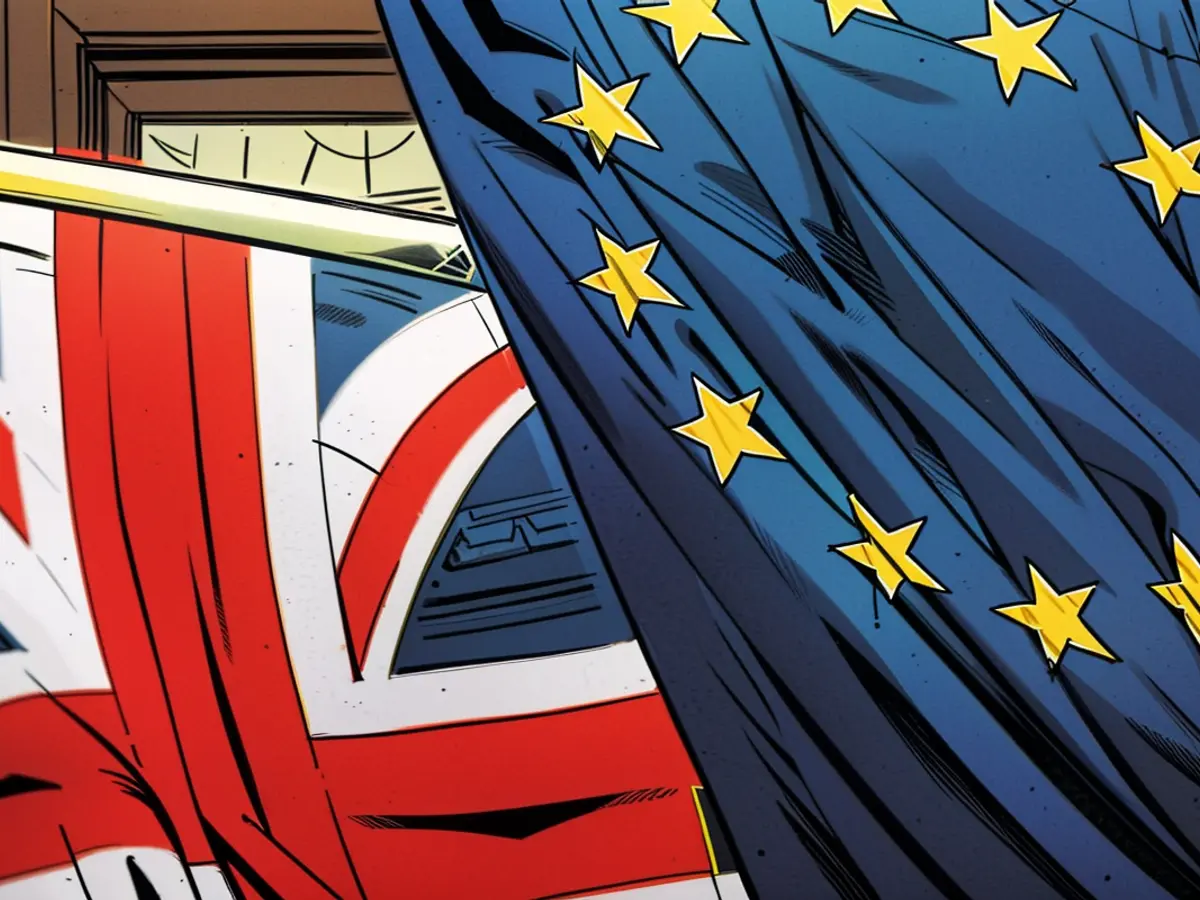UK's clothing exports to the EU face greater challenges
A study reveals that bureaucracy and new regulations have significantly impacted the export of clothing and footwear from the UK to the EU post-Brexit. The Guardian reported on Wednesday that in 2019, before the UK's departure from the EU, these exports amounted to £7.4 billion (€8.7 billion) but in 2023, they had dropped to £2.7 billion. This has led to a notable 18% decline in exports of non-food items to countries within the EU single market.
The UK officially left the EU at the end of January 2020 and no longer belongs to the EU's internal market and customs union after the transition period ended in 2021. Despite a last-minute trade agreement, some tariffs have been implemented, and administrative regulations have made doing business more complicated. These factors have resulted in a substantial decrease in bilateral trade. Keir Starmer, the leader of the opposition Labour Party, which is predicted to win the upcoming parliamentary election on July 4, according to polls, has stated that the UK will align its rules for food and agricultural products with the EU's. However, he has ruled out rejoining the internal market or resurrecting the EU's free movement rules.
Read also:
Since Brexit, Great Britain has faced greater challenges in exporting clothing to the EU. As a result of Brexit and the subsequent transition out of the EU's internal market and customs union, exports of clothing from the UK to the EU have significantly decreased, falling from £7.4 billion in 2019 to £2.7 billion in 2023, leading to a notable drop in non-food item exports to EU countries. Despite this, Great Britain is not planning to rejoin the internal market or resurrect the EU's free movement rules, as outlined by Keir Starmer, the leader of the opposition Labour Party.








